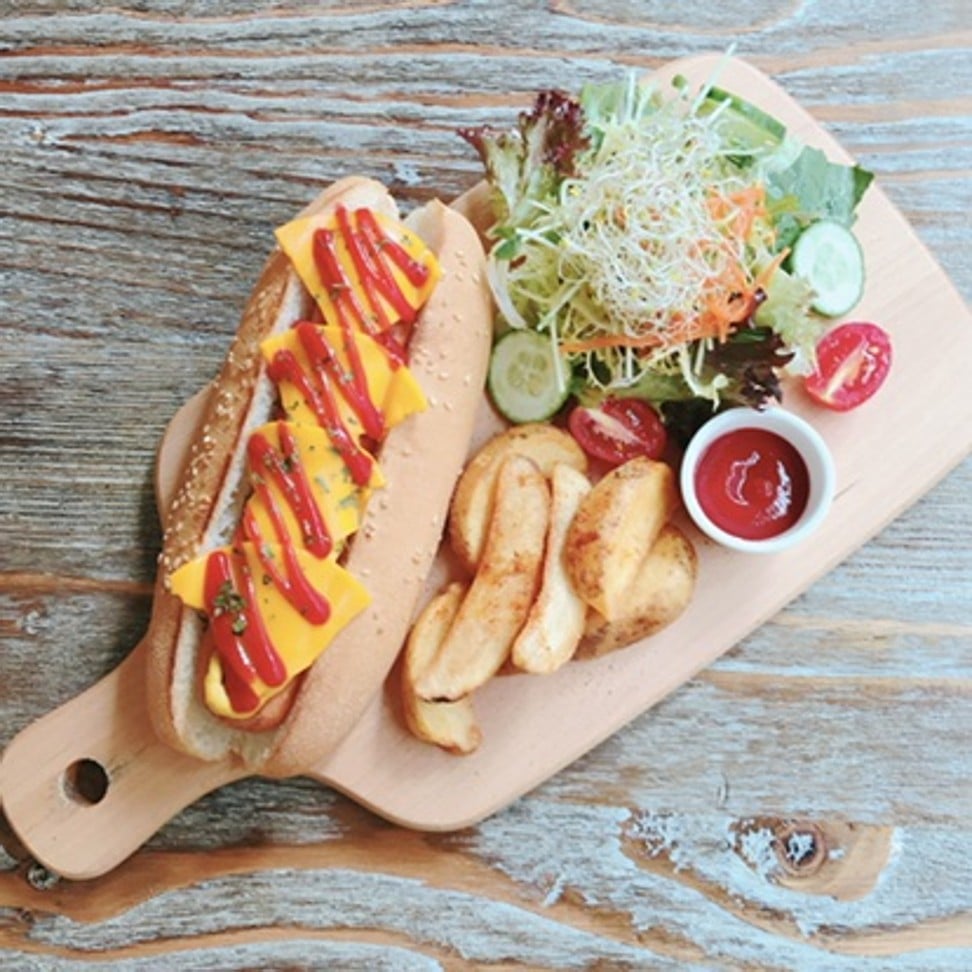Why Hongkongers find a vegan lifestyle difficult to embrace
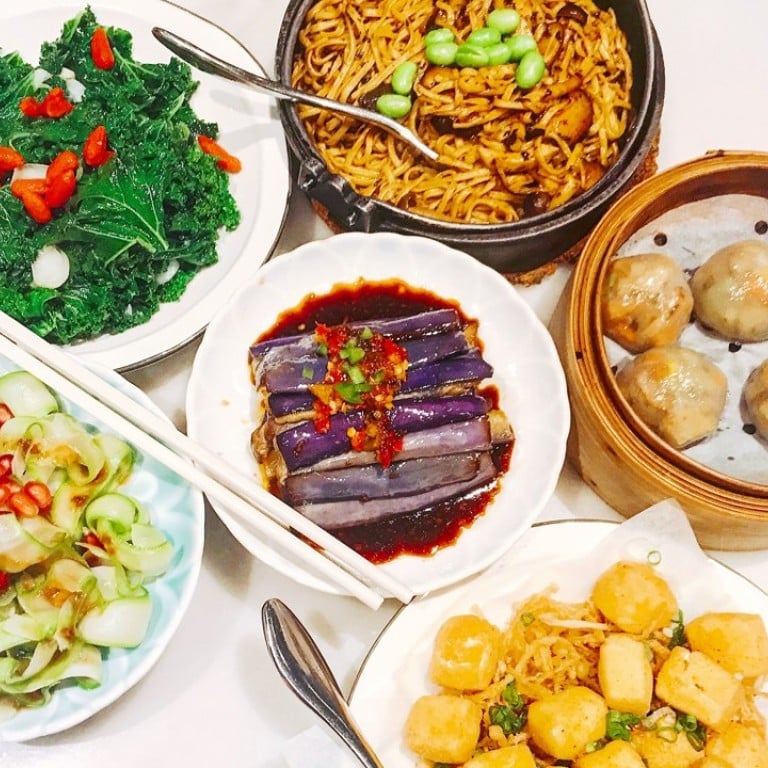
The vegan movement is slowly but surely growing in Hong Kong. Every month, more restaurants are offering plant-based dishes. The city is often chosen for hi-tech vegan product launches. People are becoming more aware of where their food comes from, and social media is helping to spread the word about plant-based options.
Yet if we compare it to other cities like Singapore, New York City, Taipei or London, Hong Kong lags far behind. In fact, it’s still one of the highest meat-consuming cities per capita in the world, with the average Hongkonger eating almost four times more meat than recommended by the Department of Health.
Venture away from Hong Kong Island and finding vegan options is much more challenging. Most local restaurants hide minced pork, chicken powder, and fish sauce in almost everything. Many places are unwilling to accommodate diners with special dietary needs or deviate from their set menus.
Popular plant-based grocery items can only easily be bought in Western supermarkets – and let’s face it, veganism is largely a Western movement that’s taken longer to cross over to the whole of Asia.
If we examine Hong Kong more closely, it’s easy to see why people just can’t give up their suckling pig, roasted goose and foie gras as easily as other places can.
1. Hong Kong is a foodie capital
The city has one of the highest numbers of restaurants and cafes per capita, so it’s no secret that Hongkongers absolutely love their food. It’s a metropolis famous for its many Michelin- starred eateries, fusion restaurants and variety of international cuisines. But when places don’t offer extensive vegan options, diners have no choice but to order what’s available, or go elsewhere – which, in this city, isn’t too big of a deal when there are dozens of people waiting to take your seat right after you.
The culture of eating out also stems from the fact that many families don’t have large kitchens, proper cooking tools, or even simple cooking appliances. Cooking at home isn’t so much of a hobby here. People would rather eat in a restaurant if they can afford it, than spend the time slaving away in a tiny kitchen.
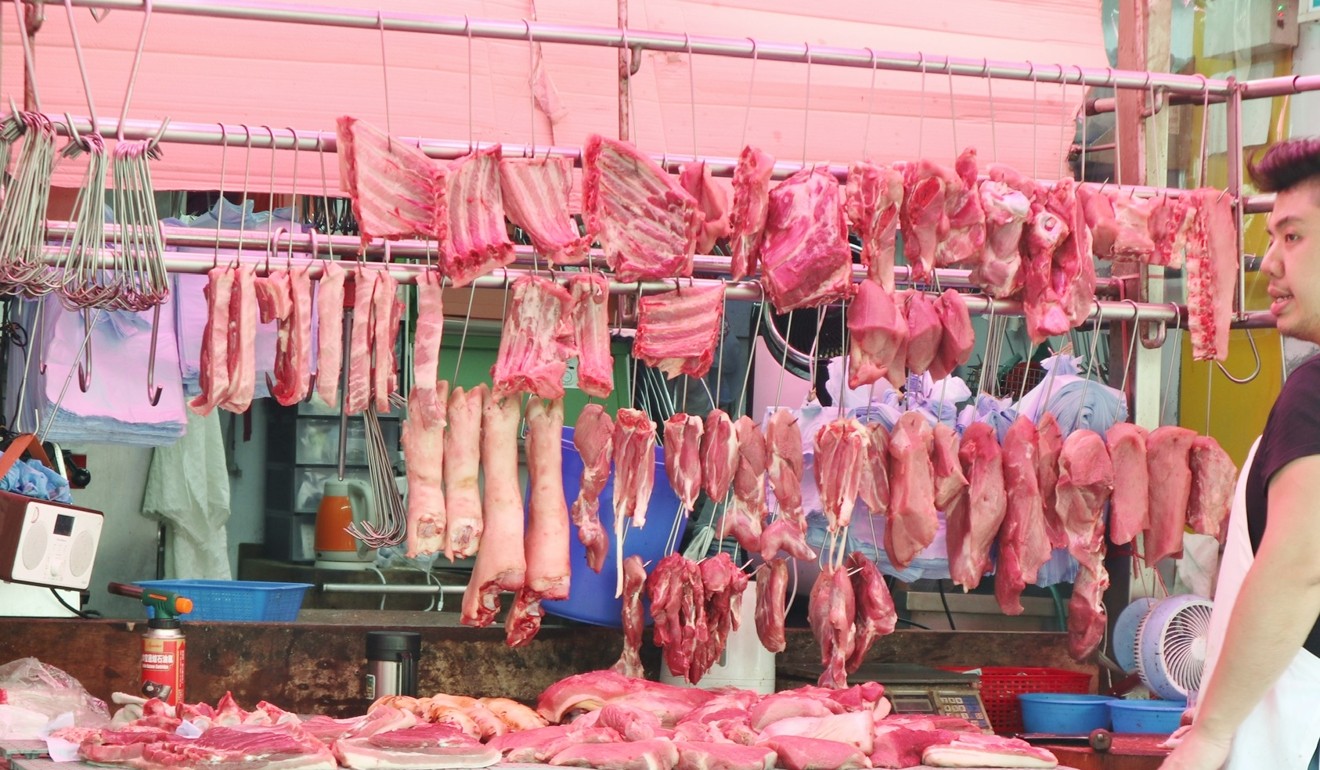
Also keep in mind that 90 per cent of Hong Kong’s food is imported, meaning that buying groceries is expensive, and eating “local” or “organic” is incredibly tough. Often, vegetables can be similarly priced as meat, which deters people from buying them.
Yet, it’s much easier to be vegan if you’re creating all your meals from scratch and taking account of each ingredient and its nutritional value. When you eat in non-vegan restaurants, this becomes problematic.
How does a vegan navigate a hotpot restaurant, a Chinese wedding banquet, or a dai pai dong? Even in Western restaurants, largely dominated by fast food, French cuisine and steakhouses, finding healthy vegan dishes is a struggle.
2. Wealth and status

It’s obvious that Hong Kong is a city that cares greatly about its wealth, appearance and social status. We can see it everywhere from the fancy cars people show off to the luxury shopping malls piled around the city. Food is no exception.
Shark’s fin soup – a Chinese delicacy which in the past only the rich could afford – is often served at wedding banquets and high-end restaurants, as a sign of wealth and high social status. Most people know how detrimental shark finning is to the environment and the health of our oceans, but it’s still being served regularly, even though most claim that shark fin itself is actually tasteless.
With Hong Kong being such a large financial hub with many working extremely long hours, food and the act of dining is largely business related. Which would likely impress an average client at a business meeting more: a vegan salad at a healthy cafe, or a prime rib dinner in an expensive rooftop restaurant?
3. Culture
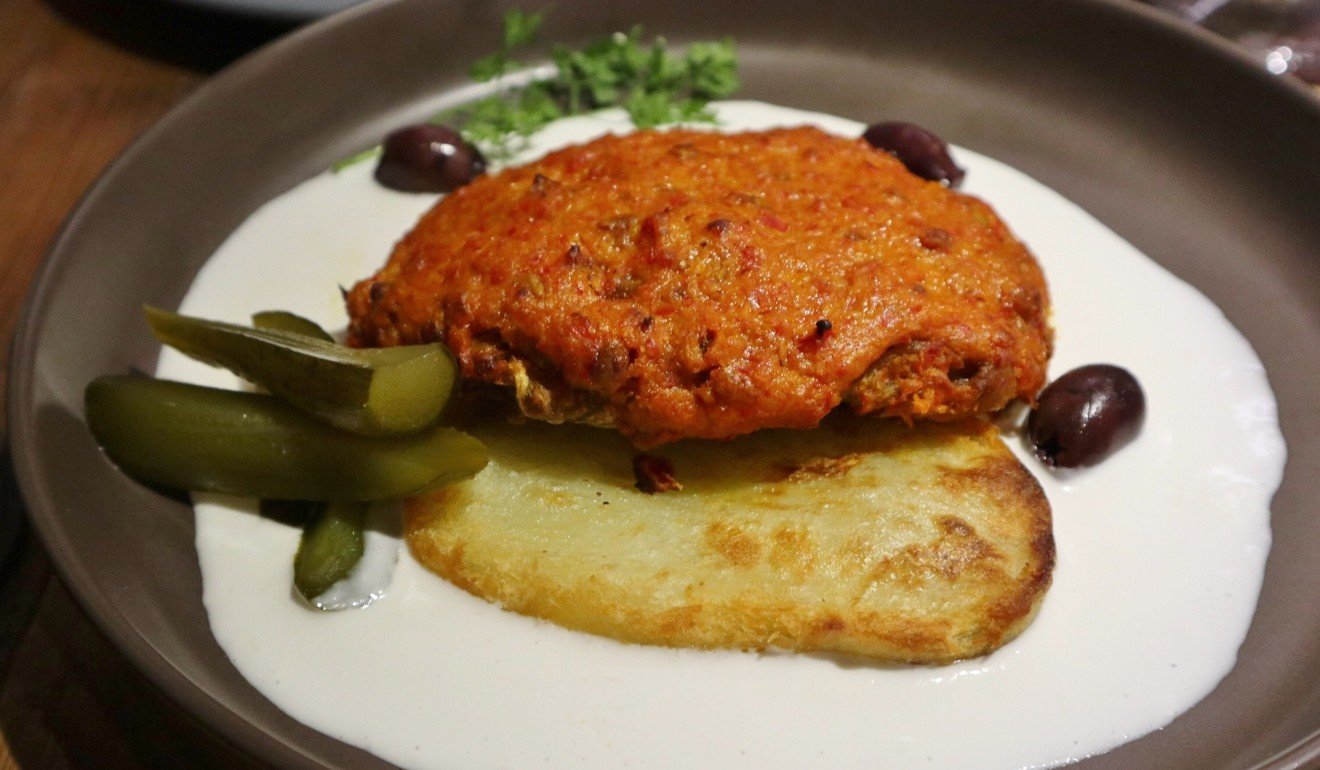
The preferred style of eating in Hong Kong is family style, where a table orders several large dishes to share. This can be quite difficult if there is one vegan in a group of meat-eaters. With the city’s notoriously bad customer service, asking chefs to remove certain staples in Asian cooking, such as chicken powder, fish sauce, pork fat or egg, can be an extremely frustrating process.
In “The China Study” conducted by Dr T. Colin Campbell and Dr Thomas Campbell, we learn that in the past, the Chinese diet consisted of vegetables, soy and very little meat – which was usually used for flavouring. The doctors were amazed to find the correlation between a high intake of plant-based foods and low cases of chronic diseases such as cancers, heart disease and diabetes among the Chinese. A single portion of meat today could have fed an entire family decades ago.
As fast-food chains entered the landscape, and meat became more widely affordable and available in Hong Kong, it comes as no shock that cases of chronic diseases have skyrocketed here, and we can no longer use the traditional Chinese diet as a reference for how the typical Hongkonger eats today.
With the extreme work culture of the city, of course many will flock to places that serve fast and tasty food. Can you name a vegan option at McDonald's, Café de Coral or KFC?
Some families may start off the first day of Lunar New Year with a vegetarian meal, some might be Buddhist, or some may adopt a “meatless Monday” once a week, but converting to veganism is a much harder sell for locals.
4. A lack of animal welfare and environmental concern
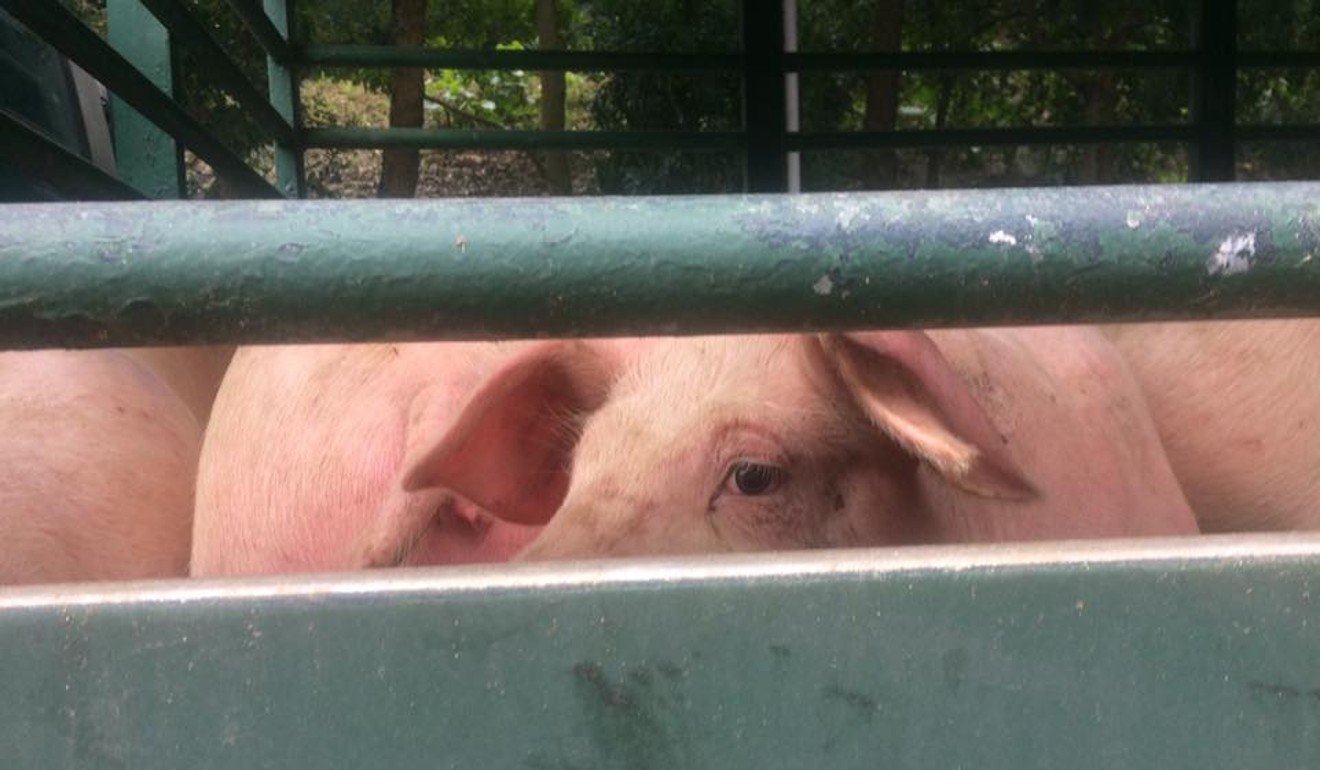
When children are taught to respect wildlife from a young age, this carries over into adulthood.
Unfortunately, children in Hong Kong have little to no exposure to animals in this concrete jungle. If we don’t count pets, the only animals that children may ever see here are in the Zoological & Botanical Gardens or in Ocean Park. Let’s face it – walking around a theme park, eating a hot dog and observing animals in tanks or cages isn’t the most effective way to learn to appreciate nature.
Although Hong Kong has certain animal protection laws, unlike China which has none, they are severely outdated. Take a look at any pet shop in Hong Kong; watch pigs being unloaded into a local slaughterhouse; or spend a few minutes in a wet market with live animals. The SPCA “humanely destroyed” almost 1,400 animals in 2016/2017 due to a lack of resources. How can we expect Hongkongers to make a connection with what’s on their plates if they’ve never been taught to love, respect and care for all animals?
Although going vegan is widely regarded as the single most effective way to reduce one’s carbon footprint and help solve climate change, we can’t expect residents to be too invested. With the government’s lack of proper recycling facilities and people’s love for plastic, we all know Hong Kong is low on the environmentally-conscious factor.
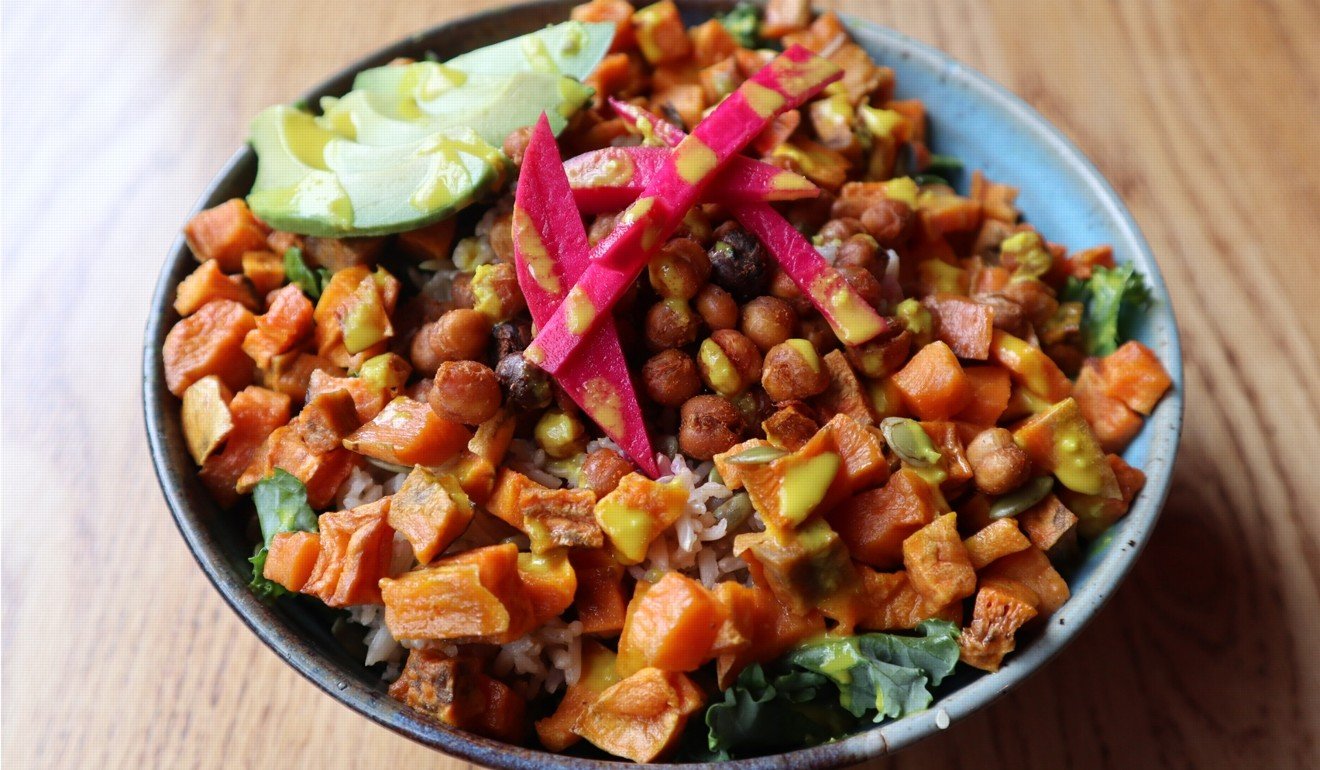
According to University of Hong Kong’s Earth Science Department, Hong Kong could reduce 43 per cent of its greenhouse gas emissions by simply consuming the government’s recommended amount of meat. Even if nobody went vegan, and just reduced their meat intake, it would have a positive impact. This just goes to show the enormous quantity of meat that residents are currently consuming.
Veganism is becoming more commonplace in the city, but Hong Kong still has a long way to catch up. Until we really take a genuine interest in animal welfare, our environmental impact, and food quality – the change will continue to be slow.
Want more stories like this? Sign up here. Follow STYLE on Facebook, Instagram and Twitter

While options for adopting a plant-based diet are on the increase in the city, Hong Kong still has a long way to go before it catches up with other cities like Singapore, New York City, Taipei or London
